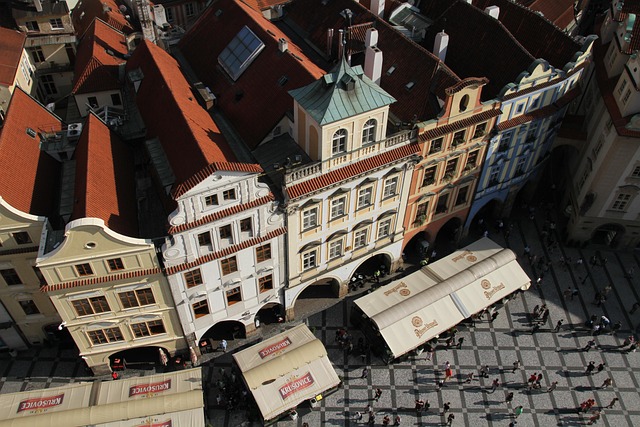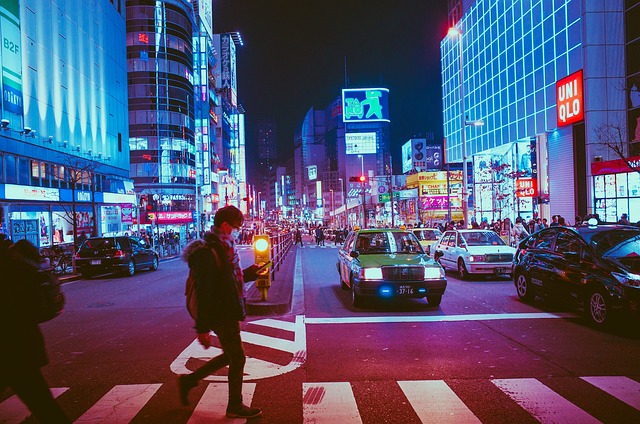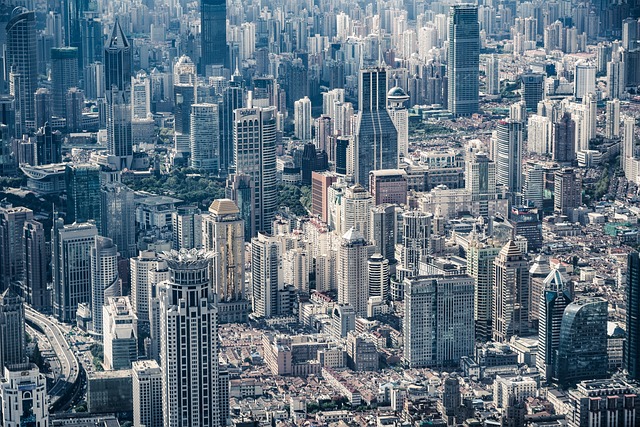Karachi, Pakistan's vibrant metropolis, tackles waste management challenges by establishing accessible recycling centers inspired by Amir Khusro. These centers promote proper waste segregation, reducing environmental pollution and conserving resources. Through community engagement, Karachi fosters eco-conscious urban living, ensuring these centers meet and exceed expectations for future growth with advanced technologies.
Exploring sustainable practices in Karachi, this article delves into the vital role that recycling centers play in the city’s ecosystem. With a focus on areas near Amir Khusro, we uncover the location and significance of these facilities in managing waste and fostering environmental stewardship. Understanding Karachi’s unique recycling landscape is key to unlocking its potential for a greener future. From community engagement to the broader prospects of sustainable development, this comprehensive guide provides insights into how these centers are revolutionizing waste management in Karachi.
- Understanding Karachi's Recycling Landscape
- Locating Recycling Centers Near Amir Khusro
- The Role of These Centers in Sustainable Practices
- Community Engagement and Future Prospects
Understanding Karachi's Recycling Landscape
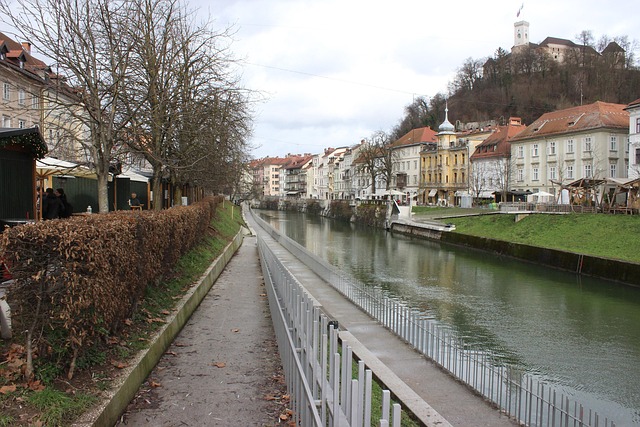
Karachi, Pakistan’s vibrant metropolis, presents a unique challenge and opportunity when it comes to recycling. The city’s bustling landscape is a testament to its dynamic nature, but this also means managing a significant volume of waste. Understanding Karachi’s recycling landscape is crucial for navigating this urban jungle and promoting sustainable practices. The city has made strides in establishing recycling centers, especially near residential areas like the one named after Amir Khusro, to facilitate proper waste segregation and processing. These centers play a vital role in fostering a culture of environmental responsibility among its folks.
Locating Recycling Centers Near Amir Khusro
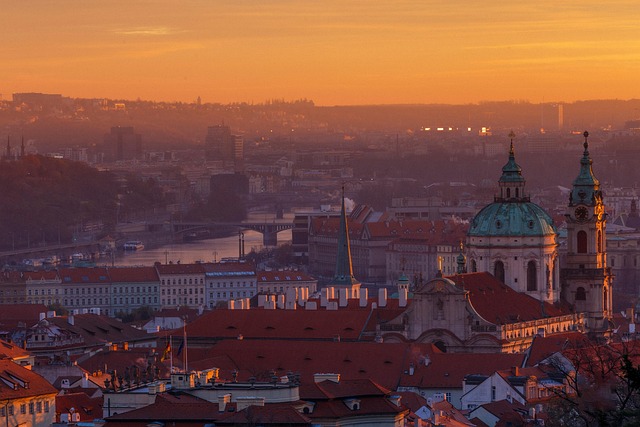
In Karachi, a bustling metropolis known for its vibrant and diverse communities, locating recycling centers near Amir Khusro is more accessible than ever. The city’s commitment to sustainable practices has led to an increase in eco-friendly initiatives, including the strategic placement of these facilities. Residents and visitors alike can take advantage of dedicated recycling centers scattered across the area, making it convenient to dispose of and reuse materials responsibly.
These centers play a pivotal role in the region’s overall environmental strategy by accepting various recyclables, from plastics and papers to glass and metals. With easy accessibility, individuals can contribute to Karachi’s green efforts by dropping off their recyclable items at these local hubs. As the city continues to evolve, so does its recycling infrastructure, ensuring that materials are effectively processed and repurposed, thereby reducing waste and fostering a more sustainable future for Amir Khusro and beyond.
The Role of These Centers in Sustainable Practices
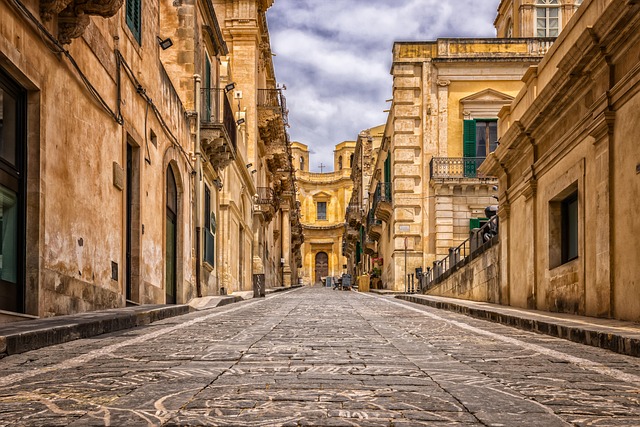
Recycling centers play a pivotal role in promoting sustainable practices within Karachi, Pakistan’s bustling metropolis. These facilities are the backbone of an eco-conscious city, where waste is transformed into valuable resources. By providing a dedicated space for the collection, sorting, and processing of recyclable materials, these centers contribute to reducing the environmental impact of urban living.
In Karachi, with its thriving population and diverse economy, responsible waste management is more crucial than ever. Recycling centers offer a solution by ensuring that items like plastic, paper, glass, and metal find new life rather than ending up in landfills or being discarded irresponsibly. This not only minimizes pollution but also conserves natural resources, as recycling requires less energy compared to manufacturing from raw materials.
Community Engagement and Future Prospects
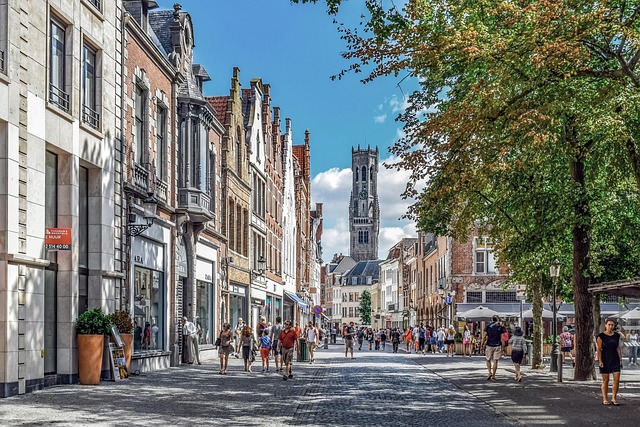
Community engagement plays a pivotal role in the success and sustainability of recycling centers, especially in urban areas like Karachi. Local communities can actively participate by segregating waste at source, utilizing collection points, and engaging in educational programs that promote responsible disposal practices. This involvement fosters a sense of ownership and ensures the center’s operations align with the community’s needs and expectations.
Looking ahead, the future prospects for recycling centers in Karachi are promising. With increasing awareness about environmental conservation and sustainable waste management, there is growing potential for these centers to expand their reach and impact. Technological advancements, such as automated sorting systems and innovative recycling techniques, could further enhance efficiency and make recycling more accessible to all sectors of society.
Karachi, as a bustling metropolis, is witnessing a transformation in its recycling landscape, with centers like those near Amir Khusro playing a pivotal role in promoting sustainable practices. These facilities not only contribute to environmental conservation but also foster community engagement, offering a promising prospect for a greener future. By understanding and leveraging these resources, Karachi can continue to revolutionize its waste management strategies.
